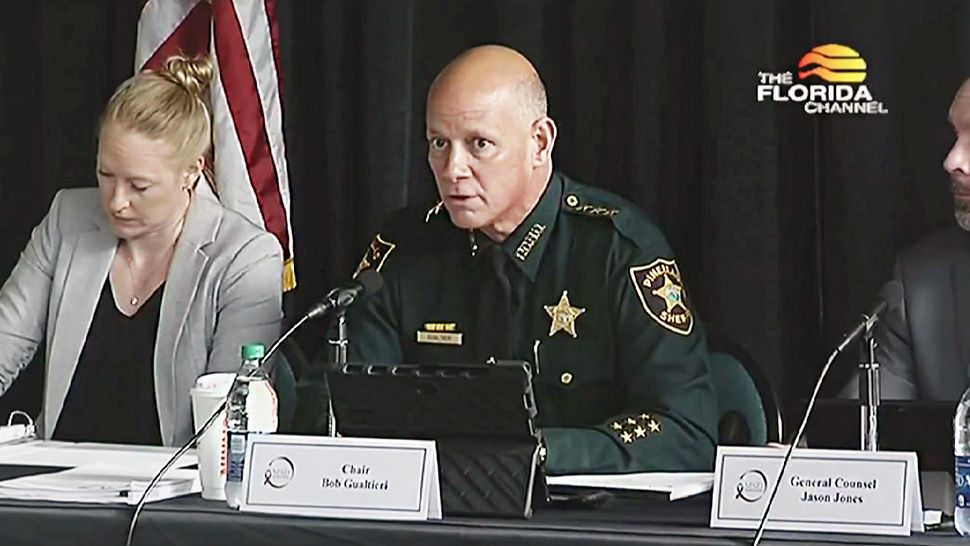FLORIDA — A school safety commission, formed last February after the mass shooting at Marjory Stoneman Douglas High School, is meeting again Thursday. Several items are on the day-long agenda, including school resource officer training and threat assessment strategy.
- Commissioners recommended giving the state attorney control over programs
- Police-diversion programs would continue
- RELATED STORIES:
On Wednesday, the Marjory Stoneman Douglas High School Public Safety Commission voted to recommend to the legislature to get rid of school-based diversion programs, including Broward County's controversial PROMISE program.
Instead, the commissioners recommended giving the state attorney's office control over programs allowing students to avoid being arrested.
Police-diversion programs would continue, which commissioners believe would allow troubled students to be better monitored.
"The problem children that need our attention will bubble to the surface," Sheriff Grady Judd of Polk County told his fellow commissioners. "We'll know because it'll get past the teacher's ability to deal with it. That's when it needs to come to prevention, that's when it needs to come to the attention so that there's some intense therapy before it becomes a criminal justice event."
Commissioners said their recommendation will not restrict schools from having their own programs, but rather would amend the state law so the attorney's office would have ultimate control.
Broward County's PROMISE program was criticized after the February 2018 Parkland mass shooting that left 17 dead and 17 wounded. Critics have argued it kept alleged gunman Nikolas Cruz from being arrested when the warning signs were allegedly there.
The safety commission also discussed concern over schools not having assigned safe school officers, including in Broward County, where 29 schools are lacking them.
In related news, it has been ruled that Cruz is allowed visits from medical experts while he sits in jail.
It also means the public will know the names of those who chat with Nikolas Cruz.
The Fourth District Court of Appeals made that ruling. The court said his attorneys did not make a case for keeping those names private.
Cruz faces the death penalty if he is convicted of killing 17 people and wounding 17 others.




